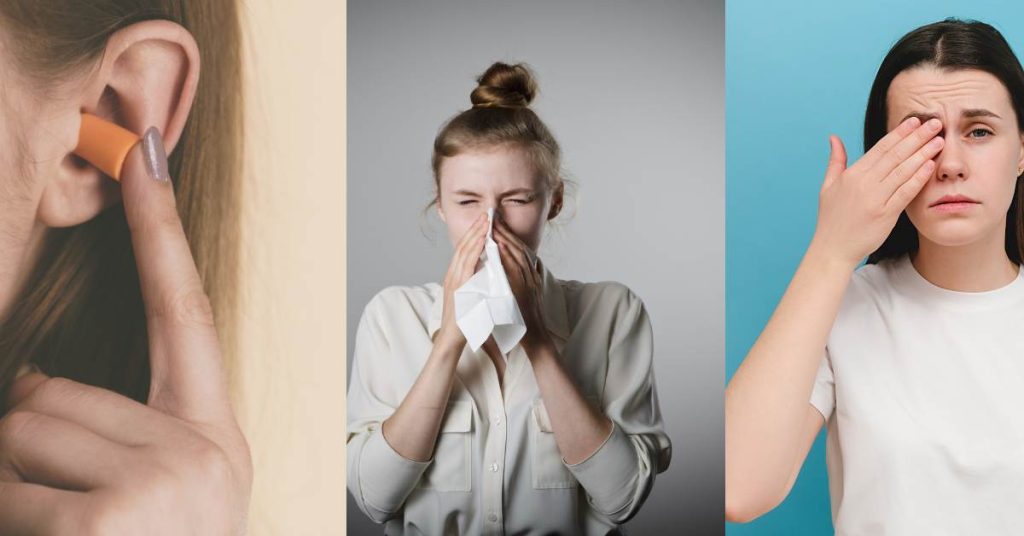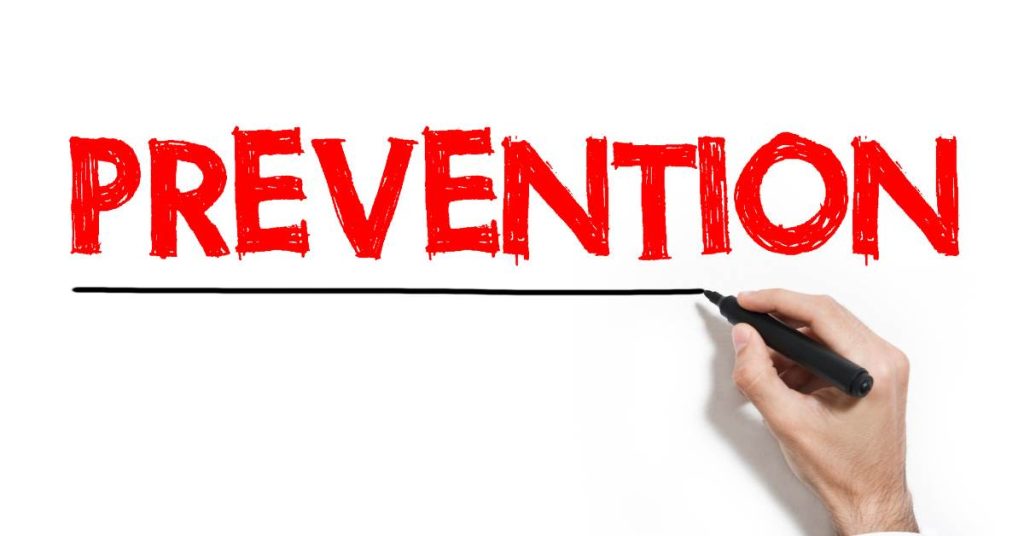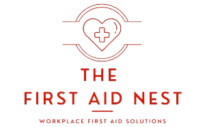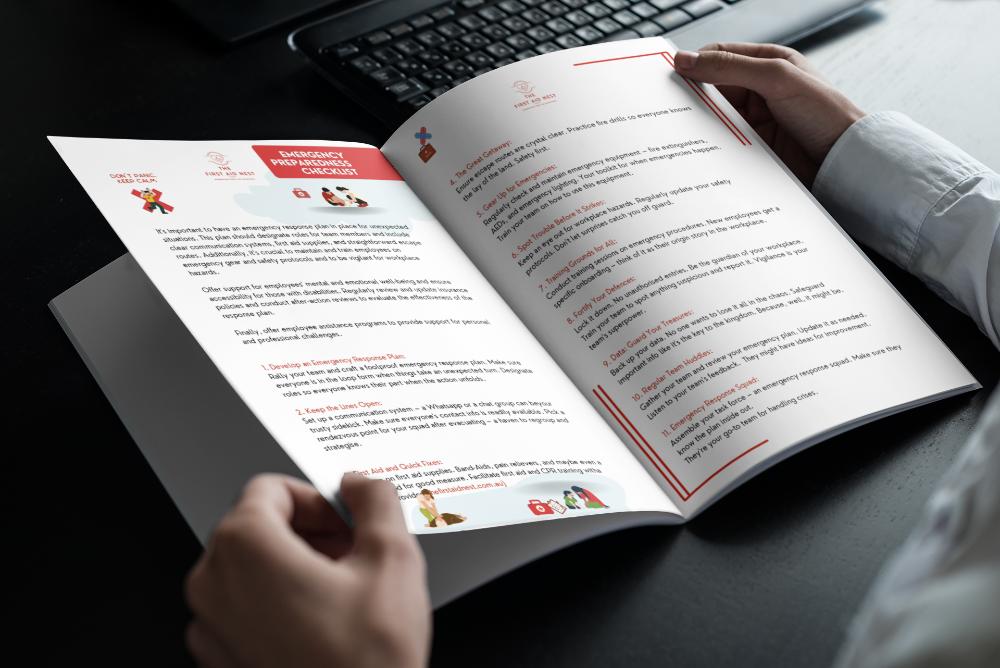First Aid for Treating Foreign Objects in Eyes, Nose and Ears

In today’s fast-paced world, having a foundational knowledge of basic first aid is not just beneficial—it’s essential. Whether we’re at home, in the workplace, or enjoying outdoor activities, unexpected accidents can happen.
One of the more common yet often overlooked mishaps involves foreign objects becoming lodged in vulnerable places like our eyes, nose, or ears. These seemingly minor incidents can quickly escalate into painful and potentially dangerous situations if not addressed properly.
By equipping ourselves with the right first aid knowledge, we can take immediate action and minimise potential harm, ensuring safety and well-being for ourselves and those around us.
Foreign Objects in the Eye

The eye, being one of our most delicate organs, is especially susceptible to injuries caused by foreign objects. These can range from airborne particles like dust or sand to more tangible items, inadvertently causing discomfort. When such incidents occur, the affected individual may experience symptoms including:
- Redness or tearing
- Pain or discomfort
- Blurred vision or visual disturbances
If you or someone nearby encounters such an issue, immediate first aid steps are crucial. Here’s what you should do:
- Refrain from rubbing the eye, as it can further embed the object or cause scratches.
- Encourage the person to blink several times. This natural action can often help dislodge the foreign body.
- Gently rinse the eye with clean, lukewarm water, preferably from a cup or a gentle stream.
- If, after these steps, the object remains, cover the eye with a soft, clean cloth to prevent further irritation and seek professional medical attention promptly.
Foreign Objects in the Nose

Our nasal passages, while serving as essential conduits for breathing, can sometimes become unintended recipients of foreign objects. This is especially common among curious children exploring their environment. When an object becomes lodged in the nose, the affected individual might exhibit:
- Discomfort or pain in the affected nostril.
- Occurrence of a nosebleed or unusual discharge.
- Difficulty breathing or feeling of obstruction.
Facing such a scenario requires a gentle and cautious approach. Here’s the recommended course of action:
- Avoid the instinct to probe or dig around with tools or even fingers, as this may push the object further up.
- To help expel the object, encourage sneezing. You can facilitate this by holding the unaffected nostril shut and asking the individual to blow out gently through the obstructed one.
- It’s crucial to remain calm throughout the process. To prevent further inhalation of the object, instruct the person to breathe through their mouth.
- If these measures do not result in the object’s removal, it’s imperative to seek medical attention immediately to avoid complications.
Foreign Objects in the Ears

Our ears are intricate and sensitive structures, designed to capture the myriad sounds around us. However, they’re not immune to foreign objects, from beads to bugs. The sudden intrusion of a foreign object can cause an immediate and unsettling reaction. People with something stuck in their ear often experience:
- Pain or discomfort localized within the ear.
- A sensation of muffled hearing or even temporary hearing loss.
- An annoying or persistent ringing, known as tinnitus.
- In some cases, there might be discharge or even bleeding from the ear.
Addressing such a delicate situation requires patience and caution. Here are the recommended first aid steps:
- Resist the urge to probe or dig inside the ear with tools or fingers; this can exacerbate the issue.
- Gently tilt the head so the affected ear faces downward, allowing gravity to possibly assist in the object’s removal.
- If the foreign object is clearly visible near the entrance of the ear canal and you believe it can be safely grasped, use tweezers with utmost caution.
- Should the intruder be an insect, seek medical attention immediately.
- If all efforts make the situation worse, it’s essential to seek professional medical intervention promptly.
Prevention and Safety Tips

As with most health concerns, prevention remains the best form of medicine. Foreign objects entering our eyes, ears, or nose can lead to discomfort, complications, and sometimes even severe health risks. While understanding first aid is essential, taking proactive measures to prevent these incidents is equally crucial. Here are some pivotal guidelines to keep in mind:
Childproof Your Space: Always ensure small objects, especially toys with detachable parts or household items like buttons and beads, are out of the grasp of young children. Their natural curiosity often leads them to explore objects by inserting them into openings, such as noses or ears.
Eye Safety First: Whenever engaged in activities that pose a risk of flying debris—like woodworking, certain sports, or even mowing the lawn—always prioritize wearing protective eyewear. This simple precautionary measure can significantly reduce the risk of eye injuries.
Avoid Unnecessary Risks: It may seem intuitive, but actively refrain from inserting objects into the ears or nose. This includes avoiding the use of cotton swabs deep within the ears, which can push earwax further down or even injure the eardrum.
By adhering to these guidelines, you can minimise potential mishaps and ensure a safer environment for yourself and those around you.
The First Aid Nest run public and workplace first aid courses, Australia wide.
Our workplace first aid courses can be run at your site.
Our public classes are here in Sydney and are the best option if you are an individual, a couple or a group
of just a few people.
Our sophisticated system will take the headache out of renewal for you too. Lose your certificate? No problem, just log in and download your certificate again anytime. We will also send you reminders about when your certificate is about to expire!
Book your spot or workplace with us today, contact us with any questions, or head to our FAQ page

